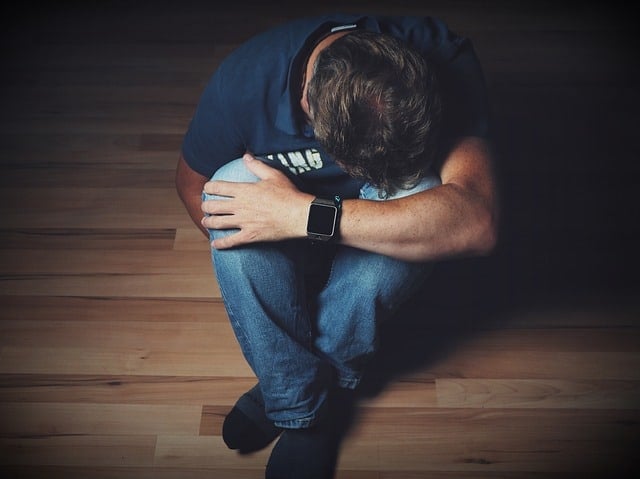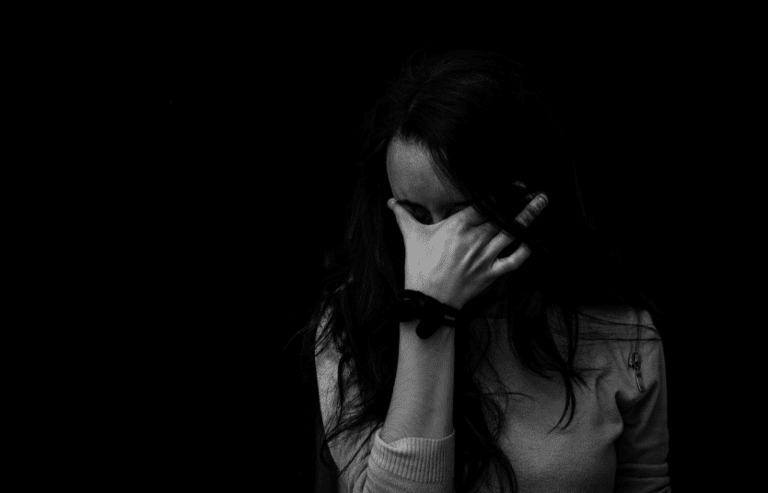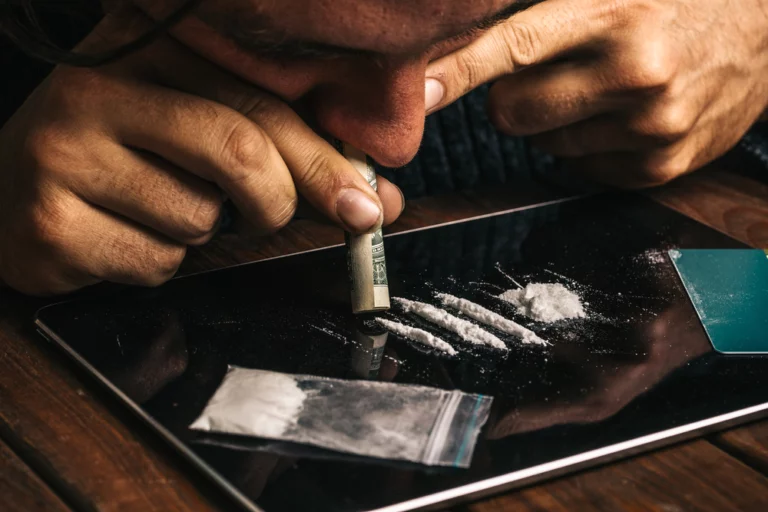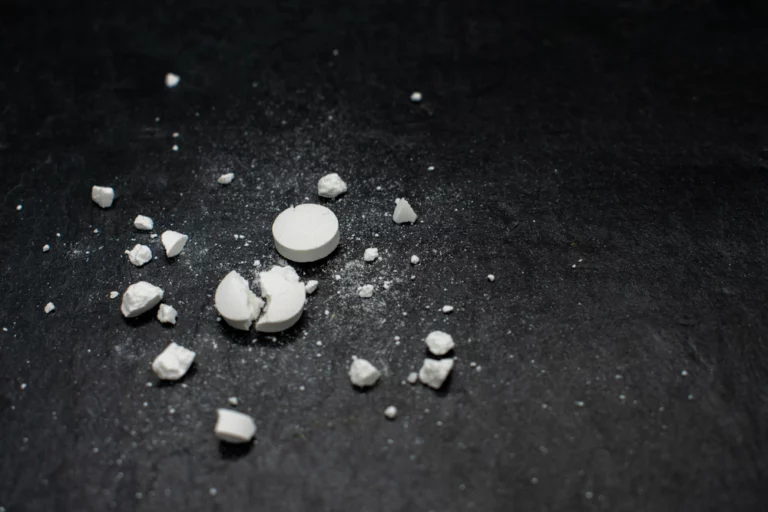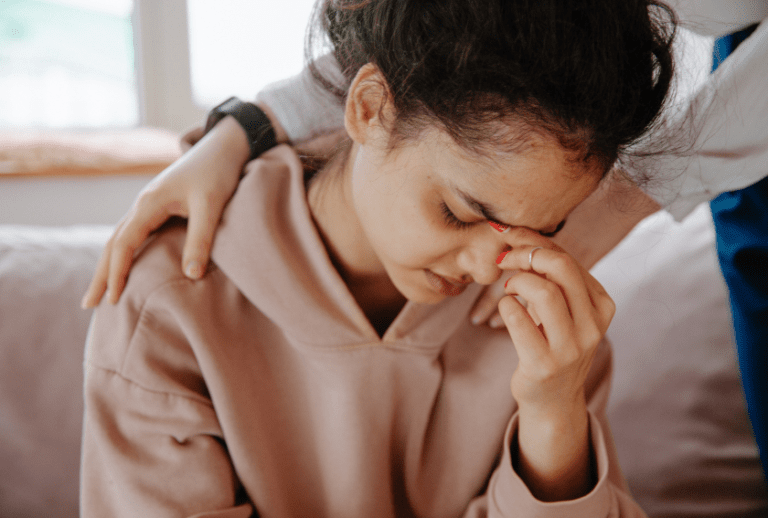Is Detox Necessary For Opioid Addiction Treatment?
If you or someone you love is addicted to opioids, you may have started thinking about the different treatment options out there. While the most popular programs include inpatient and outpatient treatment, there are also detox programs available for opioid addicts, which begs the question, is detox necessary before starting opioid treatment?
To answer this question simply, no. Not all treatment centers required patients to be completely detoxed from opioids by the start of their treatment program. Some treatment programs offer detox as a part of intake, allowing addicts to get the help they need while in the early stages of withdrawal.
Most people who join a treatment program have either just finished detoxing (either on their own or through another program) or are using the treatment program as a safe place to detox because they’ll be free from temptation. In reality, whether or not to detox before treatment is up to the addict.
Different Types of Detox Treatment
There are a few different types of detox treatment that addicts can go through before going into rehabilitation or another treatment center. Types of detox treatment include:
- Medically supervised detox
- Partial hospitalization programs
- In partnership with an inpatient or intensive outpatient program
Patients may also choose to detox on their own before going into an inpatient or outpatient treatment program. However, detoxing without medical supervision can be dangerous, as some people experience harsh side effects or stressful withdrawal symptoms when quitting opioids. On top of that, addicts may continue using because it’s easier opposed to trying to detox on their own. By detoxing under the supervision of a medical professional or through a treatment program, addicts don’t have to experience this anxiety as intensely.
Detoxing Before Opioid Addiction Treatment
Attending a detox treatment program before an inpatient or outpatient treatment program can be incredibly helpful for opioid addicts, as they’ll be able to more easily prevent relapse from occurring during this sensitive time.
Patients can also feel assured knowing that there’s a medical professional looking out for their best interest. In some circumstances, medications may also be offered to help curb any withdrawal symptoms. Common withdrawal symptoms from opioids include:
- Muscle aches
- Restlessness
- Anxiety
- Teary eyes
- Runny nose
- Excessive sweating
- Trouble sleeping
- Fatigue
- Intense cravings
- Diarrhea
- Cramps
- Nausea
- Blurry vision
- Rapid heart rate
- High blood pressure
- Dehydration
- Seizures
Some withdrawal symptoms are more intense (and more dangerous) than others, including seizures, high blood pressure, and dehydration. By detoxing under a medical profession, patients can rest easy knowing that their vitals are being monitored at all times. For this reason alone, detoxing before treatment is the best option.
When patients decide to detox on their own, they may be inadvertently putting themselves in danger of setting themselves up for failure. Not only do patients receive medical attention during these detox programs, but many of these programs also offer therapy alongside treatment, so help begin the process of learning, growing, and recovering from their addiction.
Get Help for Your Opioid Addiction
In short, detoxing from opioids is a necessary step in the road to recovery. As detox refers to cleansing one’s body of a substance, recovery can’t begin until this step has been completed. Whether you choose to detox by yourself or with the help of a treatment program, that’s up to you. However, there are many clear benefits associated with medically supervised detox and detox programs, including helping to prevent relapse. However, in the end, it’s up to you to decide.
If you’re interested in learning more about detox or treatment programs and how they can help you on your road to recovery, call Oasis Recovery Center today. We’re eager to answer any questions you may have.



